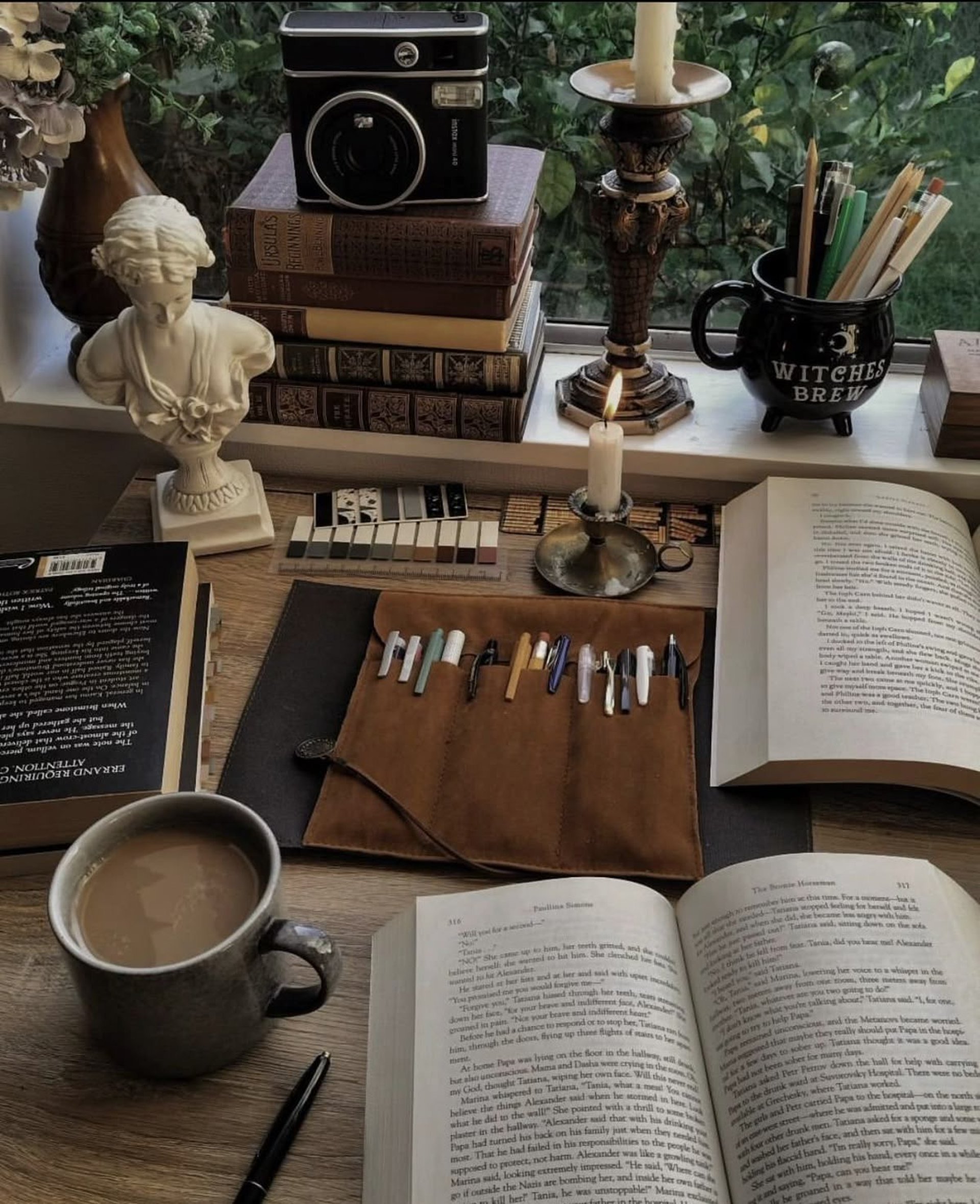
Exploring the Depths of Emotion Through Poetry and Music
Welcome to Atharv's world, where poetry and music intertwine. Discover heartfelt Urdu shayari, my journey as a lyricist, and the beauty of language. Join me in celebrating love and longing through soulful verses and melodies that resonate deeply within the heart. Explore, feel, and connect with every word.
Atharv
5/8/20241 min read

Hijr: The Poetry of Separation
There is a certain depth in separation that love itself cannot reach. Hijr—a word woven into the very essence of Urdu poetry—does not merely mean distance; it is the lingering ache of absence, the silent conversations with memories, the longing for someone who exists only in thoughts.
Separation, in its cruelest form, is not always about losing someone. Sometimes, it is about being bound by time, circumstances, or fate itself. It is the feeling of standing beneath the same sky yet worlds apart, of hearing a familiar name and feeling an unfamiliar emptiness. Hijr is not just a moment—it is a season of the heart, one that stretches endlessly, making absence feel more real than presence ever did.
The Beauty Hidden in Pain
There is an undeniable sorrow in Hijr, but there is also poetry in it. The heart, when wounded by distance, learns to sing in ways it never did before. Love, when unfulfilled, finds its most profound expressions in sighs, in unsent letters, in whispered prayers to the night sky.
Many of the greatest love stories were not the ones that ended in union but in separation. Perhaps because Hijr holds within it an eternal longing, a love untouched by time. When lovers are together, love exists in moments. But when they are apart, love exists in eternity.
Does Hijr Ever End?
Some distances fade with time, some remain etched in the soul. There are hearts that wait endlessly, and there are those that find solace in memories alone. Hijr is not always cruel—it is, at times, the only proof that love was real, that it existed beyond mere presence.
But in the end, whether separation lasts for a season or a lifetime, it shapes us. It teaches us the value of love, the weight of silence, and the strength it takes to hold on to something unseen. And for poets, it becomes the ink with which we write the verses of our longing.
Perhaps that is the greatest truth of Hijr—it may break the heart, but it also makes it unforgettable.
With poetry in my soul,
-Atharv Agrawal
